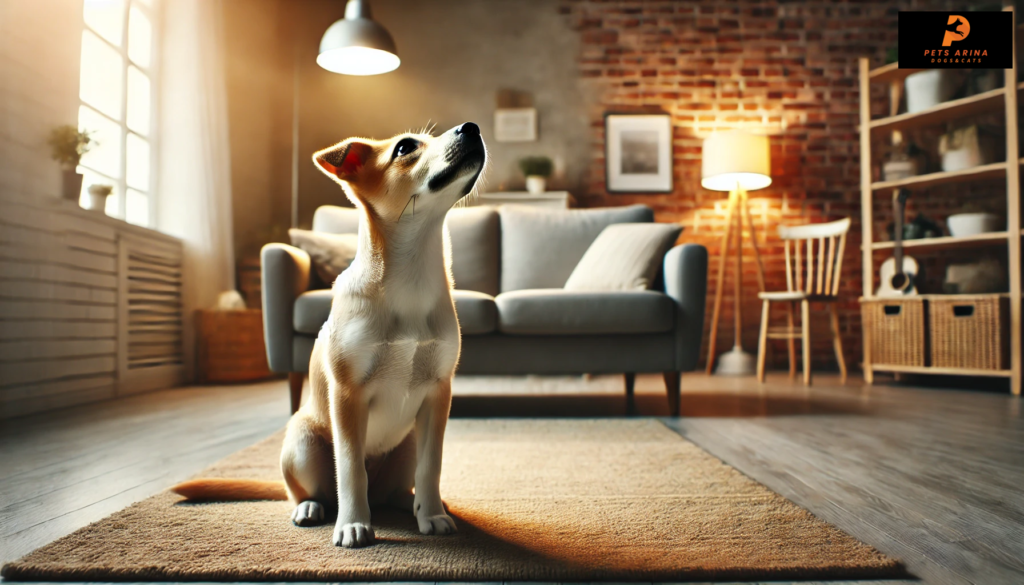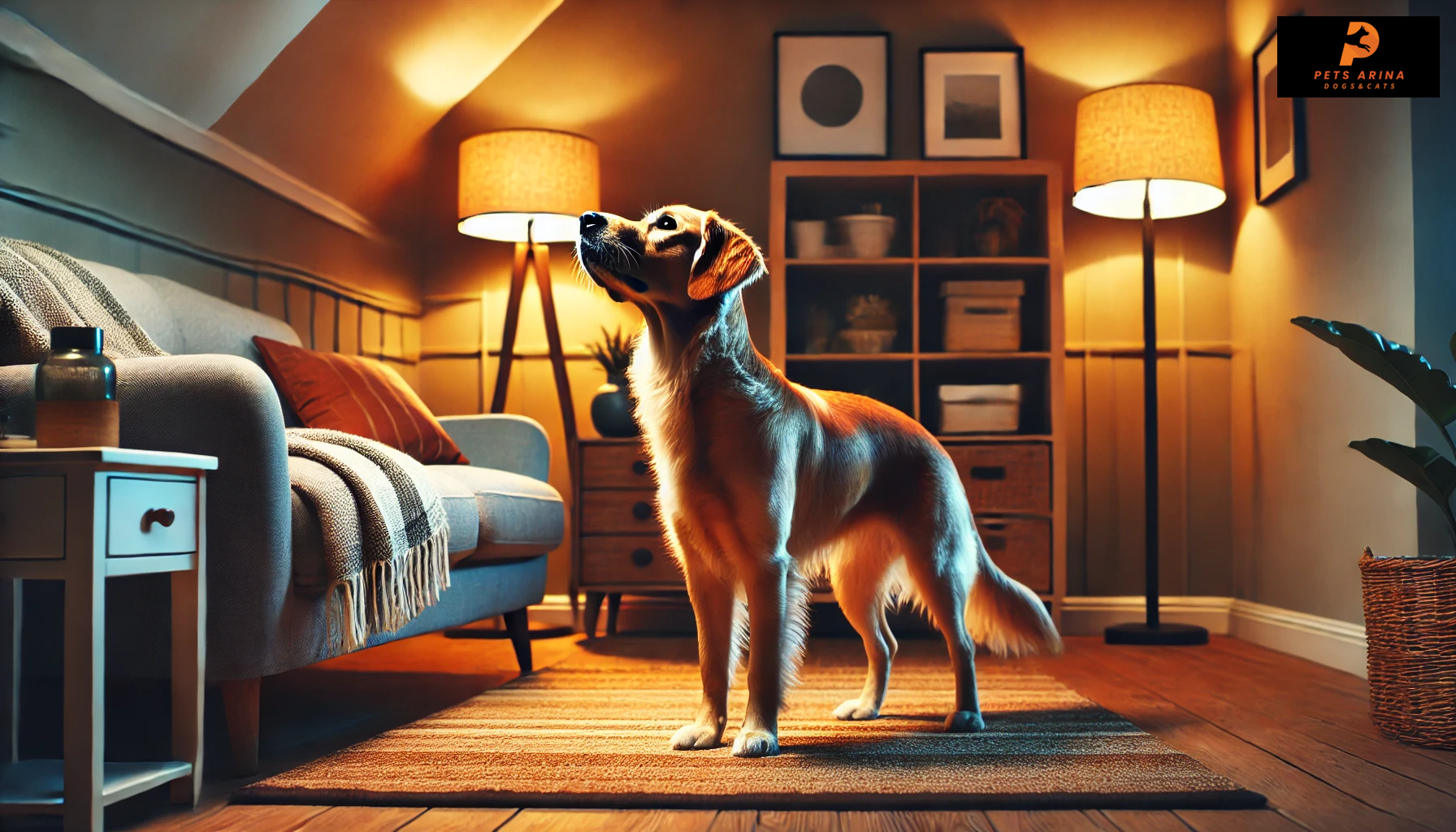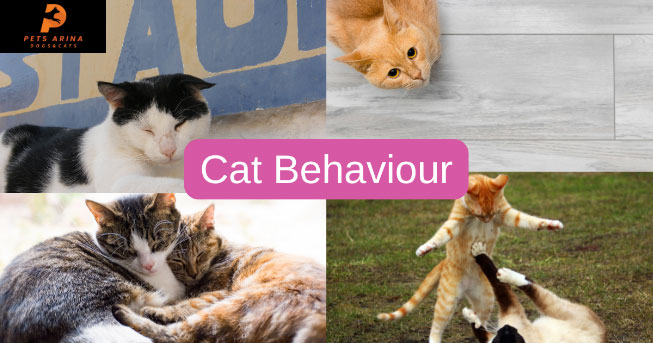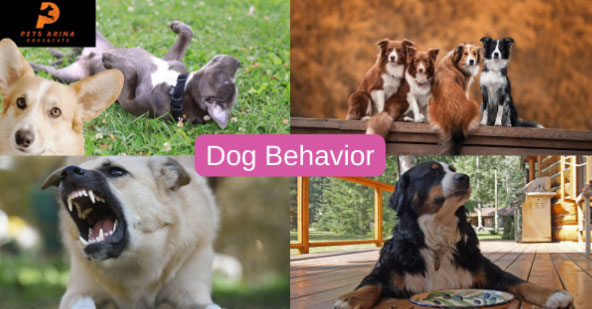Your dog frequently looks up at the ceiling and sniffs, which might puzzle or concern you. Dogs look up at the ceiling from time to time. Let us learn more about dogs keep looking up at the ceiling and sniffing. Dogs stare at ceilings for various reasons.
Reasons Why Dogs Look Up at the Ceiling and Sniff
Hearing Noises
Dogs can hear extraordinarily well, picking up sounds that are undetectable to humans. Your dog might be hearing rodents or insects moving around in the ceiling or walls. Small animals create faint noises that attract your dog’s attention. The house may make structural noises due to the expansion and contraction of materials, wind moving through vents, or the hum of electrical devices. Birds and neighbors in their rooftops, among other external sounds, can transmit noises through the ceiling, causing your dog to investigate.
Smelling Something
Humans have a sense of smell that is only a fraction as powerful as a dog’s. The dog’s sense of smell is estimated to be between 10,000 and 100,000 times more sensitive. Your dog might sniff the ceiling and detect food residues or the scent of insects or small animals if food was ever stored or consumed in the area above.
Curiosity
Dogs are naturally curious animals. Active voice: New additions to the ceiling, such as fans, lights, or decorations, can attract their attention, and they investigate light reflections, shadows, or moving light spots that catch their eye. A fascinating spider web can force dogs to investigate their environment more closely.
Anxiety or Stress
A dog’s behavior, such as looking up and sniffing at the ceiling, can indicate anxiety or stress. Various factors can trigger this, such as moving to a new home, adding new family members, or rearranging furniture in the household. A dog can be stressed and exhibit unusual behaviors due to loud noises, such as thunderstorms, fireworks, or construction sounds.
Medical Issues
Your dog’s persistent or unusual behavior might indicate underlying medical issues, such as ear infections, which can cause them to tilt their head or act differently. Abnormal behaviors such as staring or sniffing can manifest as neurological problems affecting the brain or nervous system. Dogs become more cautious or inquisitive about their environment when changes occur in their vision or hearing, causing them to look up and sniff more frequently.
See also: MALE DOG BEHAVIOR WHEN FEMALE IS PREGNANT
What to Do If Your Dog Keeps Looking Up and Sniffing

Observe Closely
This behavior occurs at specific times of the day or in certain rooms. Observe when and where it takes place.
Check the Area
Inspect the area for any signs that might attract your dog’s attention. Look for pests such as droppings, nests, or evidence of insects or rodents. You should look for any unusual odors in the area that could be attracting your dog.
Calm Your Dog
If you suspect that anxiety is the cause, try using calming techniques such as playing soothing music, providing a safe space, or using calming products like a ThunderShirt for your dog.
Consult a Vet
If the behavior continues without a clear reason or if you suspect a medical issue, it’s best to consult your vet. They will check for various health issues, such as ear infections, neurological problems, or sensory changes.
See also: WHAT REALLY HAPPENED TO ANNIE WILKINS DOG?
FAQs
Is it normal for dogs to stare at the ceiling?
If they hear or smell something interesting, they occasionally stare at the ceiling.
Can this behavior be a sign of a neurological issue?
In rare cases, a dog may exhibit symptoms such as persistent ceiling-gazing, head tilting, and balance issues, indicating a neurological problem.
How can I tell if my dog is anxious?
Dogs may pant, pace, whine, hide, or exhibit destructive behavior as signs of anxiety. They might be anxious if your dog shows this behavior.
Could my dog be hearing something that I can’t?
Dogs can hear high-frequency sounds and faint noises much better than humans.
Conclusion
There are many possible reasons your dog could be staring at the ceiling. Including hearing noises, detecting smells, curiosity, anxiety, or even medical issues. By closely observing its behavior and checking its environment, we can find possible causes. If your dog’s behavior continues, you should consult a vet to ensure their health and well-being.















